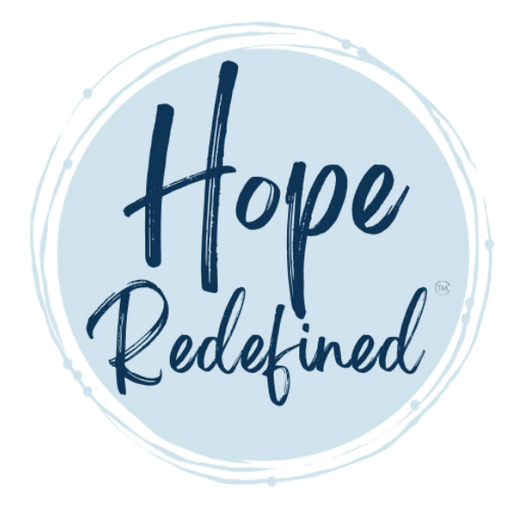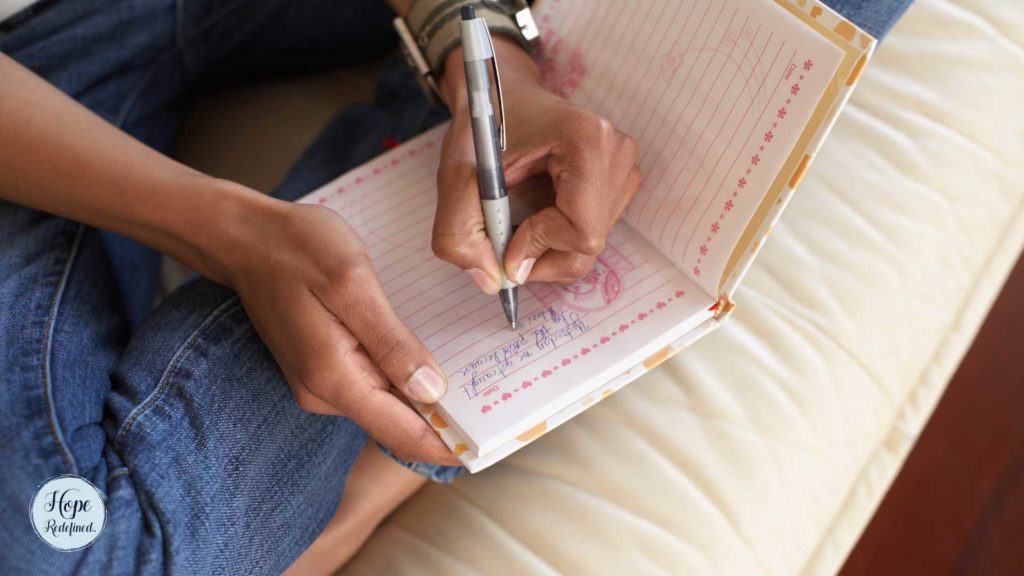As a writer, you’d think that I would love the process of journaling. You’d be wrong. But when my betrayal story started, it became a lifeline. This discovery came in the form of not just practice but research. Before I started journaling, I went to the experts who had proven its benefits. What I found out made me pick up my pen to test the theories.
My Process
Let me take you back a bit. When the waves of betrayal crashed over me, I felt like I was drowning in a sea of hurt, confusion, and anger. I didn’t know which way was up or how to make sense of the whirlwind of emotions swirling inside me. That’s when I remembered that writing often helped me make sense of the world. Although I usually wrote with a topic, purpose, and an English teacher’s editing brain, I decided to try journaling as a way to process my feelings.
At first, I worried about all the basic fears of a betrayed partner who journals. Would the words make me feel worse? Would someone find my words and read them? How could putting pen to paper possibly make a difference amid such deep pain?
So after weeks of intense research on journaling’s healing power over trauma, I sat down to write. The moment I poured my heart out onto those blank pages, something happened. It was like the confusion around my emotions and my circumstance began to lift, ever so slightly.
One of the most profound lessons I learned was the importance of self-compassion. When you write about your experiences, you begin to show yourself the kindness and understanding that we so readily offer to others, but rarely to ourselves. We learn to validate our emotions, acknowledging that it is okay to feel angry, sad, or even hopeful amidst the turmoil. And after it is all written out, we can allow ourselves to simply rip out the pages and throw them away.
Journaling can also become a safe space for us to explore our most difficult emotions. At times, I used it to decipher what I was feeling and learned another amazing aspect of journaling – the sense of clarity and insight it brings to our healing journey. As I revisited past journal entries, I could trace my progress, see how far I’d come, and recognize the strength and resilience within me. Each word penned on those pages became a testament to not only my courage and determination to rise above the pain but most importantly the altar of surrender to what God was doing in me.
Sharing What I Learned
That’s why I created the workshop “Healing Trauma with Journaling.” I discovered what a game changer it was for me and had to share it with other women who had experienced betrayal trauma. Journaling opened my eyes to the power of writing as a tool for processing trauma. This workshop shares powerful research on journaling as well as the different journaling techniques, like free writing, gratitude journaling, sketch journaling, and guided prompts, each offering its own unique pathway to healing.
So, to all my sister-travelers on the road to healing, I want to leave you with this: don’t underestimate the restorative power of journaling. If you’re navigating betrayal, heartbreak, or any other form of trauma, know that your words have the power to heal and to inspire. Let the simple act of journaling help bring calm amidst the chaos of betrayal.
Always Traveling in Hope,
![]()
Check out the webinar “Healing Trauma with Journaling” to take another step toward healing.

